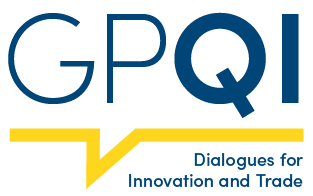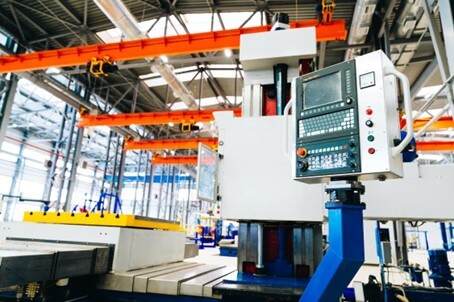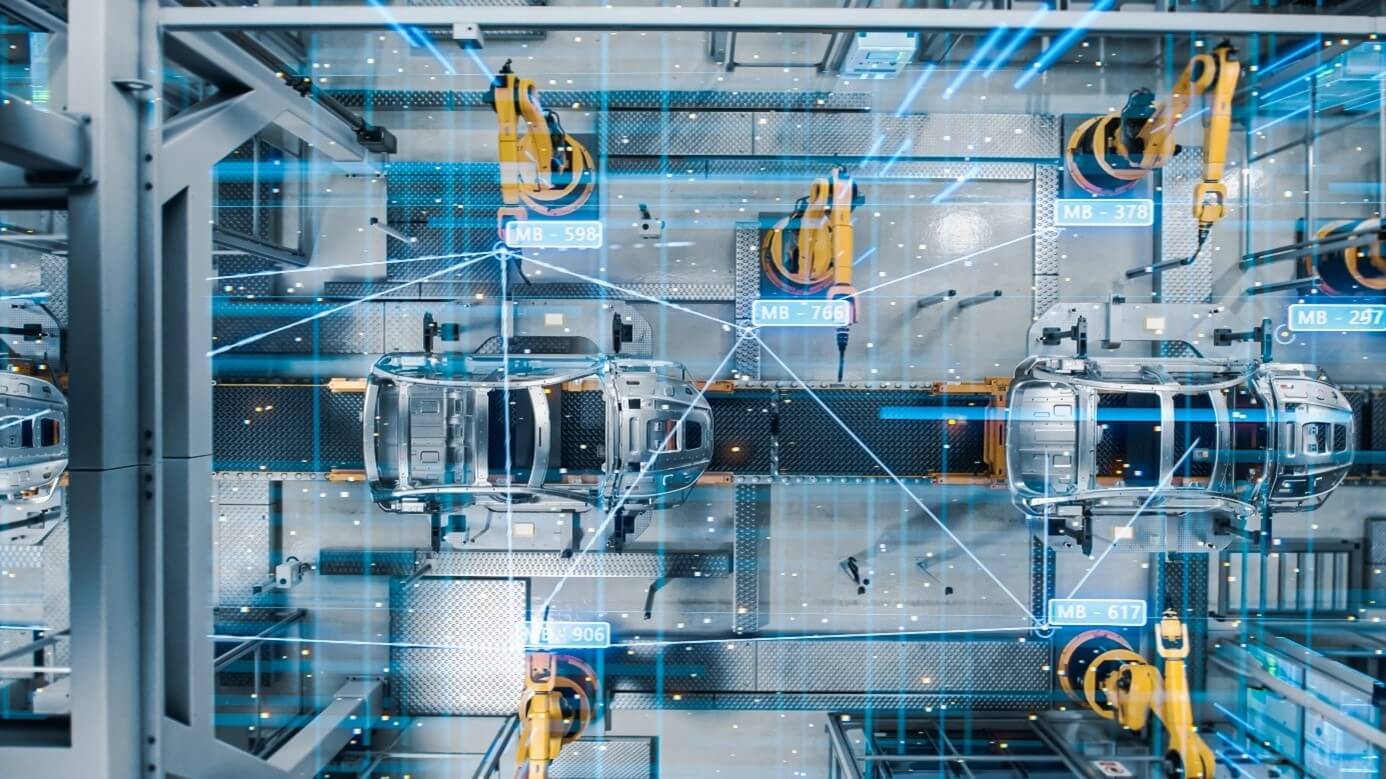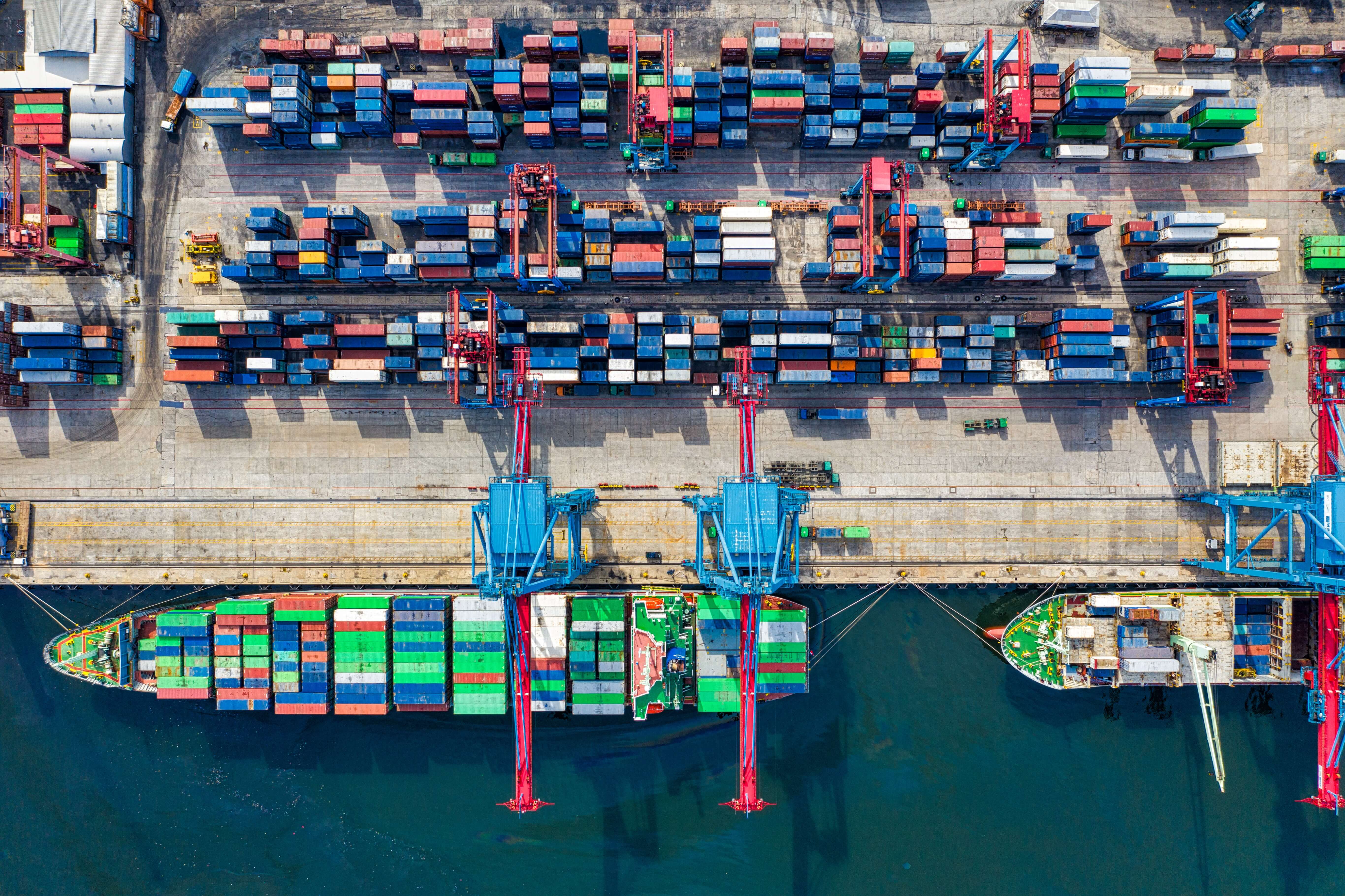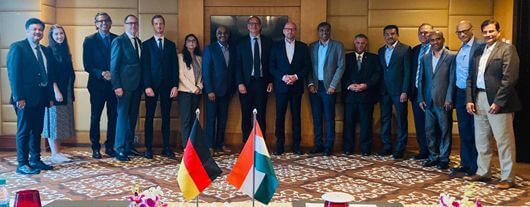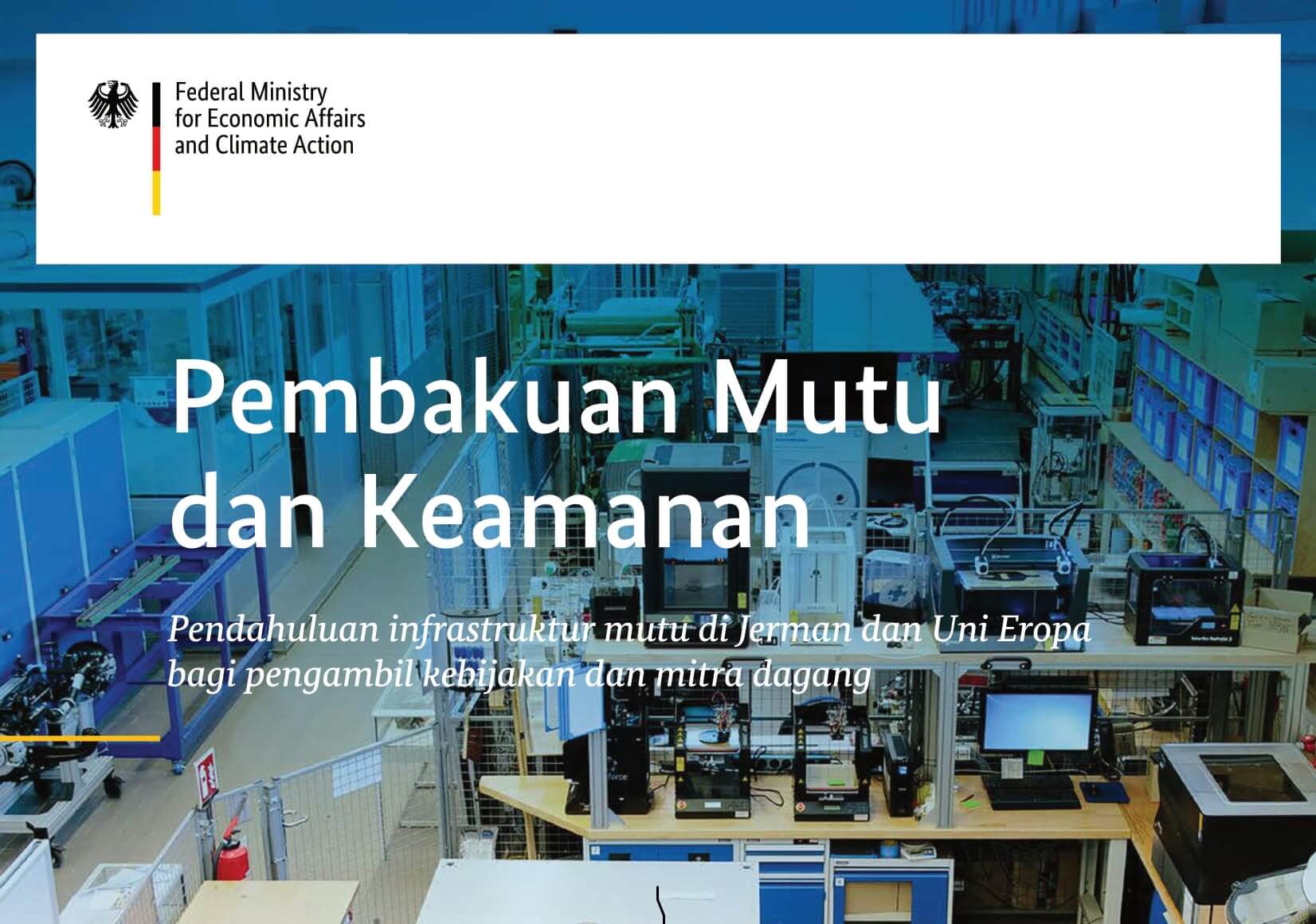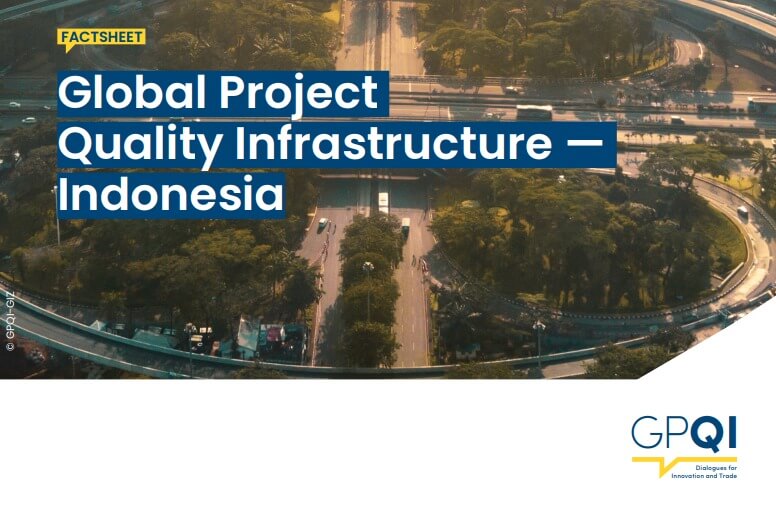GPQI Newsletter 5/2022
|
|
Global Project Quality Infrastructure Newsletter |
|
04 October 2022 |
|
Dear readers, Welcome to the fifth issue of the Global Project Quality Infrastructure (GPQI) newsletter in 2022. This newsletter provides an overview of GPQI’s activities, upcoming events in the field of QI and publications that GPQI has launched recently. For this issue, we interviewed Yves Leboucher. With almost 10 years of experience in the context of international standardisation, Leboucher complements the GPQI team since July 2022 from a technical point of view. As Project Manager for international cooperations at German Commission for Electrical, Electronic & Information Technologies (DKE), he was involved in the activities of the Standardization Council Industrie 4.0 with China, Japan, South Korea, Singapore, India, Brazil, Mexico – especially, the development and design of the German Standardization Roadmap Industrie 4.0. Take a look at our latest news and find out about the QI developments in our partner countries. Let’s shape the future of QI together! Sincerely
|
CONTENT |
1. THREE QUESTIONS FOR Yves Leboucher, Advisor Standardisation at Global Project Quality Infrastructure (GPQI)The normative environment of Industrie 4.0 has been specifically described in the German Standardization Roadmap. What is the motivation for this publication series and which effect does it have?The German Standardization Roadmap Industrie 4.0 is a strategic-technical publication. It shows the status quo of national and international standardisation in the context of Industrie 4.0. In Germany, the concept of a standardisation roadmap is often used as a blueprint to analyse new or complex issues of standardisation - and to close standardisation gaps. Industrie 4.0 signifies a technological fusion of IT (Information Technology) and OT (Operational Technology). This leads to a significant overlap of previously separate areas of standardisation. Standardisation roadmaps, particularly the Standardization Roadmap Industrie 4.0, help to reduce the complexity of these overlaps. They facilitate navigation in the multi-layered world of standardisation. And they serve as a knowledge base for experts. The sustainable development goals (SDGs) set clear requirements for the industry in terms of eco-standards and sustainable responsibility. What are the challenges and how can standards help address them?Sustainable production requires modernisation of our linear economic system into a circular economy that uses resources instead of consuming them. Standardisation helps to build trust in new sustainable products and services. The application of a standard is a sustainability promise. It shows that a product or service is made according to uniform criteria and evaluation procedures. Standards create transparency and comparability. They enable consumers to make sustainable purchasing decisions. Moreover, they pave the way for innovative business models and facilitate market entry. Norms and standards ensure fair and uniform market conditions for all and prevent greenwashing. How can both Industrie 4.0 and sustainability be implemented in an internationally harmonised quality infrastructure?Industrie 4.0 is already part of international QI-Dialogues and implemented within the GPQI. Here, for instance, the Standardization Roadmap Industrie 4.0 serves as a central element for identifying the harmonisation topics. It is important to address quality infrastructure and sustainability together. Standards and product conformity are contributing to the green transformation. Within the GPQI dialogues, experts advocate for a circular economy in which standards and regulations promote safe and balanced economic development. To achieve this, digitisation, eco-design, and the use of data are essential. The implementation of a circular economy is challenging due to existing information asymmetries along value chains. Therefore, the industry needs a strong and comprehensive QI system that supports the development of sustainable technologies and innovations and brings in international best practices. |
|
Please follow this link if you would like to change your newsletter preferences. If you no longer wish to receive this newsletter, please click here. |
|
Publisher: Registered offices Friedrich-Ebert-Allee 32 + 36 Dag-Hammarskjöld-Weg 1 - 5 Registered at VAT no. DE 113891176 Chairperson of the Supervisory Board Management Board In charge of this newsletter: |
|
The German Federal Ministry for Economic Affairs and Climate Action (BMWK) has commissioned the Deutsche Gesellschaft für Internationale Zusammenarbeit (GIZ) GmbH to implement the Global Project Quality Infrastructure.  |
